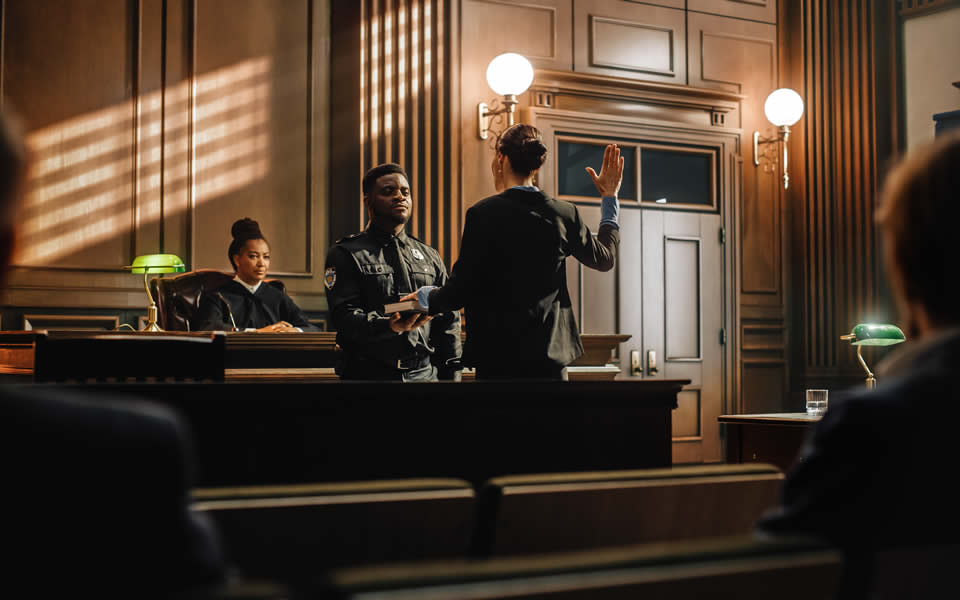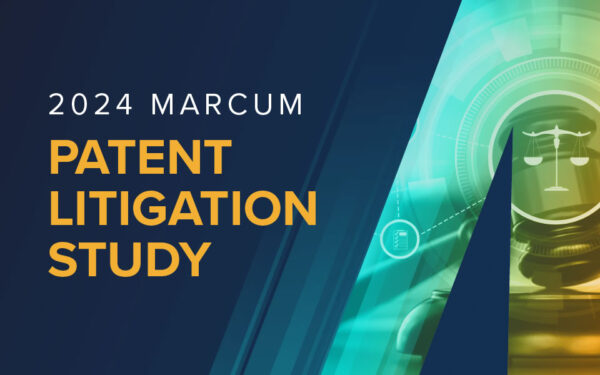Unlocking Victory: Preparing an Expert for Testimony
By Jake Amoroso, CPA, Senior, Advisory Services & John DelGrego, CPA, ABV, ASA, Partner, Advisory Services
In many matrimonial dissolution cases, testimony from a financial expert may be a deciding factor in obtaining a favorable decision for a client. While approximately 90% of all cases settle, financial experts and attorneys should be prepared for the 10% that do not. A financial expert’s preparation for that testimony can be key to the overall success of a case.
Preparation starts with reviewing the plaintiff’s and defendant’s expert reports. The attorney should become familiar with all details leading to the experts’ concluded values, opinions, and assumptions to properly prepare for direct, cross, and redirect. Additionally, the attorney should be well-versed in the strong and weak points of the experts’ arguments so these points can be adequately addressed during testimony.
The attorney should work with their expert to find strengths and weaknesses in the opinion that may be ripe for cross-examination. This preparation can help the expert stay one step ahead of the line of questioning and potentially expose the opposing expert as unprepared.
Attorneys and experts should also keep their audience in mind when prepping for a deposition or trial. For example, if the judge is financially savvy, more time could be spent on technical issues. If preparing to present to a jury, testimony might need to be at a very high level.
Direct testimony should also be concise — typically no more than 60-90 minutes. Expert reports can be granular and lengthy; answering questions on direct examination without fumbling through paper builds confidence in the expert.
Lastly, while qualified experts rarely make mistakes, they can unfortunately occur. If an error or miscalculation is identified in your expert’s report, do not hide from it — opposing counsel most certainly has found it. If the report cannot be reissued, acknowledge the mistake at the start of testimony. This way, the situation is addressed and questions surrounding the error can be answered in full detail on direct.




















